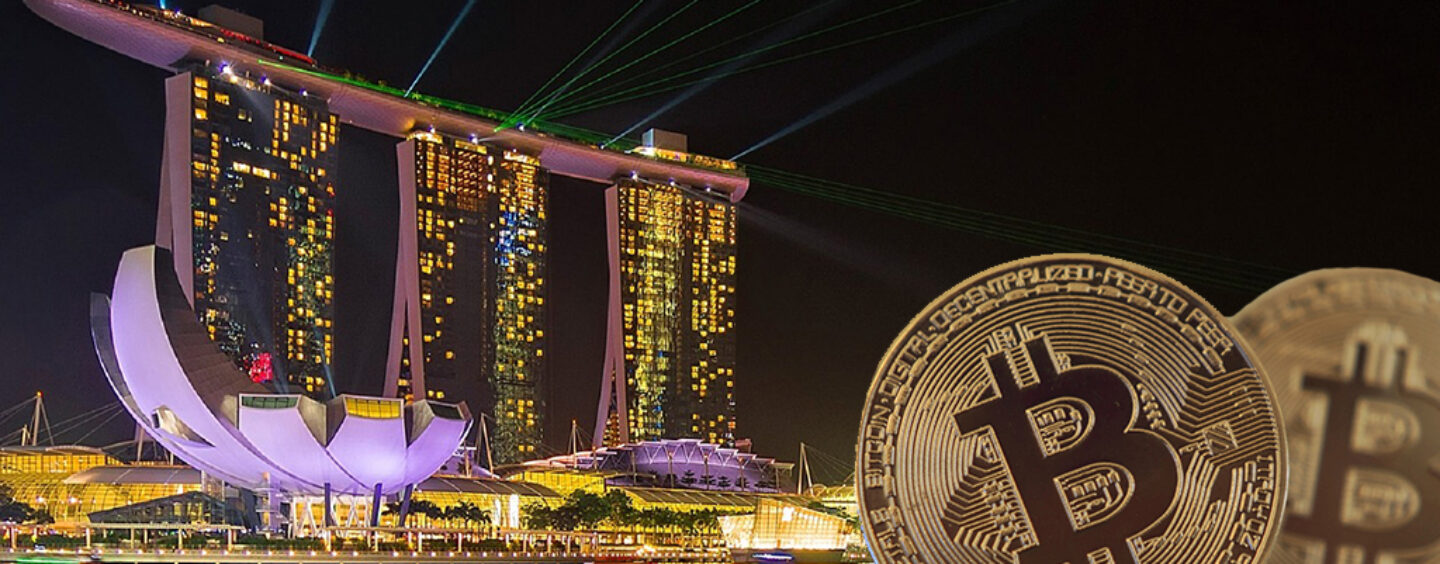Singapore Positions Itself as Crypto Leader with Bold Policies and Rising Investor Interest
17.12.2024 15:00 1 min. read Alexander Zdravkov
Singapore has emerged as the leading nation in global cryptocurrency adoption, surpassing other countries in both infrastructure development and regulatory support for the digital asset industry.
According to a Bloomberg report, the country’s proactive approach, backed by its financial authorities, has made it a hub for cryptocurrency activity in Southeast Asia.
The city-state is home to over 30 licensed payment firms, including notable players like Coinbase, Ripple, and Futu, which operate under the regulatory oversight of the Monetary Authority of Singapore (MAS). The central bank has also been exploring the concept of a digital Singapore dollar. In addition, Singapore offers tax incentives for crypto businesses, a stark contrast to the more cautious approach taken by countries like China and India, which have been slower to embrace the sector.
Public sentiment in Singapore is also shifting in favor of cryptocurrencies, with both Gen-Z and Baby Boomers increasingly viewing crypto transactions as a legitimate and mainstream financial option. A survey by Independent Reserve earlier this year revealed that around 40% of Singaporean investors hold crypto assets.
With the US approval of crypto spot exchange-traded funds (ETFs) and the possibility of a supportive environment under a potential second Trump administration, the outlook for crypto adoption in Singapore remains optimistic. The recent surge in Bitcoin’s price, spurred by Trump’s electoral victory, further strengthens the country’s position in the digital asset space.
-
1
SoFi Returns to Crypto with Trading, Staking, and Blockchain Transfers
27.06.2025 8:00 1 min. read -
2
GENIUS Act Could Reshape Legal Battle over TerraUSD and LUNA Tokens
30.06.2025 9:00 1 min. read -
3
Whales Buy the Dip as Retail Panics: This Week in Crypto
29.06.2025 14:00 3 min. read -
4
History Shows War Panic Selling Hurts Crypto Traders
28.06.2025 18:30 3 min. read -
5
Ripple Faces Legal Setback as Court Rejects Bid to Ease Penalties
26.06.2025 16:54 1 min. read
Crypto Cycles are Evolving: Analyst Explains Why Old Patterns no Longer Work
According to crypto analyst Atlas, the traditional four-year cycle that once defined Bitcoin and altcoin market behavior is now obsolete.
Kraken Launches U.S. Crypto Derivatives Platform, Eyes Broader Market Expansion
Kraken has officially launched its U.S.-regulated crypto derivatives platform, marking a major step toward merging traditional finance tools with digital asset markets.
How to Earn Yield Holding USDC: A 2025 Guide
If you’re holding USDC and want to maximize your yield, Deribit now offers rewards for eligible users who store USDC on its platform.
Kazakhstan May Invest Gold Reserves in Crypto Sector
Kazakhstan is considering allocating a portion of its gold and foreign currency reserves, along with National Fund assets, into crypto-related investments.
-
1
SoFi Returns to Crypto with Trading, Staking, and Blockchain Transfers
27.06.2025 8:00 1 min. read -
2
GENIUS Act Could Reshape Legal Battle over TerraUSD and LUNA Tokens
30.06.2025 9:00 1 min. read -
3
Whales Buy the Dip as Retail Panics: This Week in Crypto
29.06.2025 14:00 3 min. read -
4
History Shows War Panic Selling Hurts Crypto Traders
28.06.2025 18:30 3 min. read -
5
Ripple Faces Legal Setback as Court Rejects Bid to Ease Penalties
26.06.2025 16:54 1 min. read


